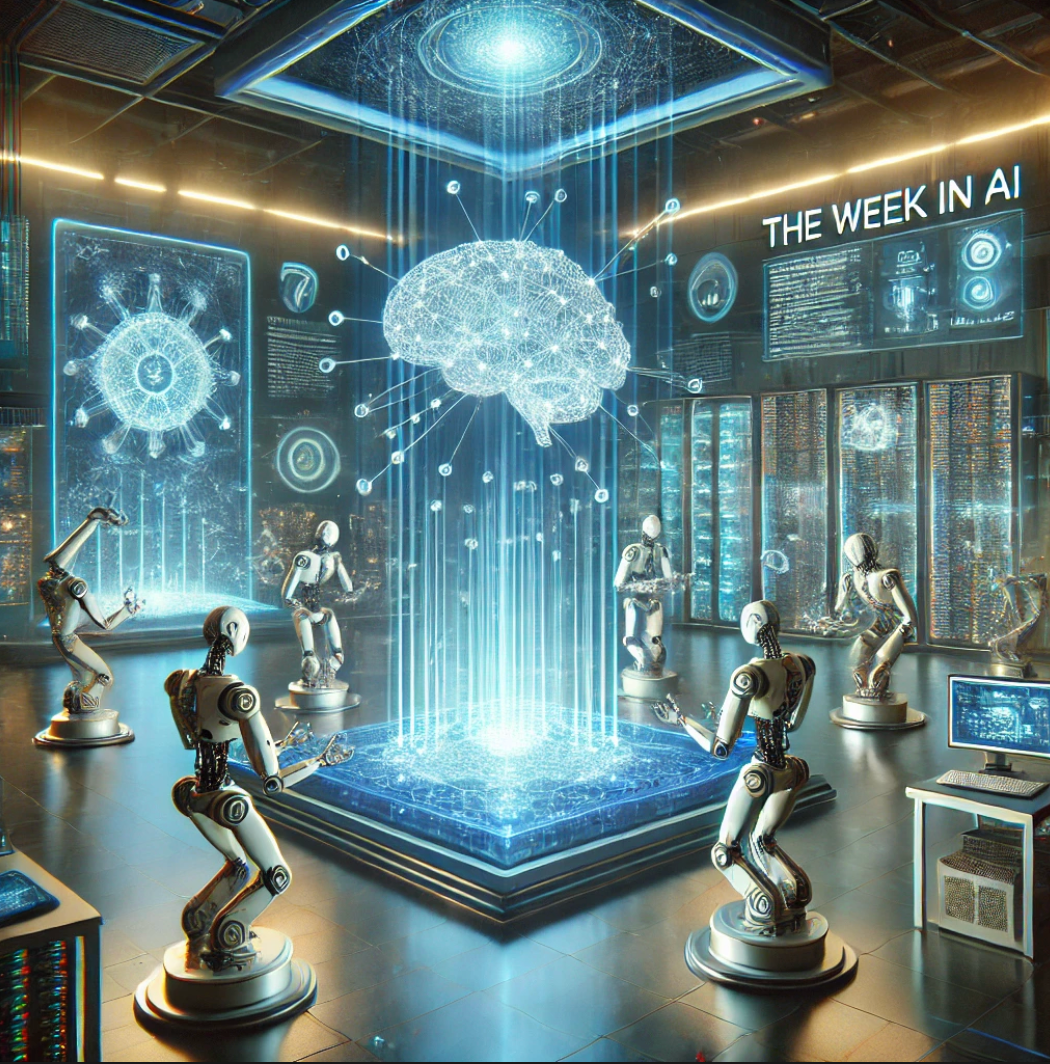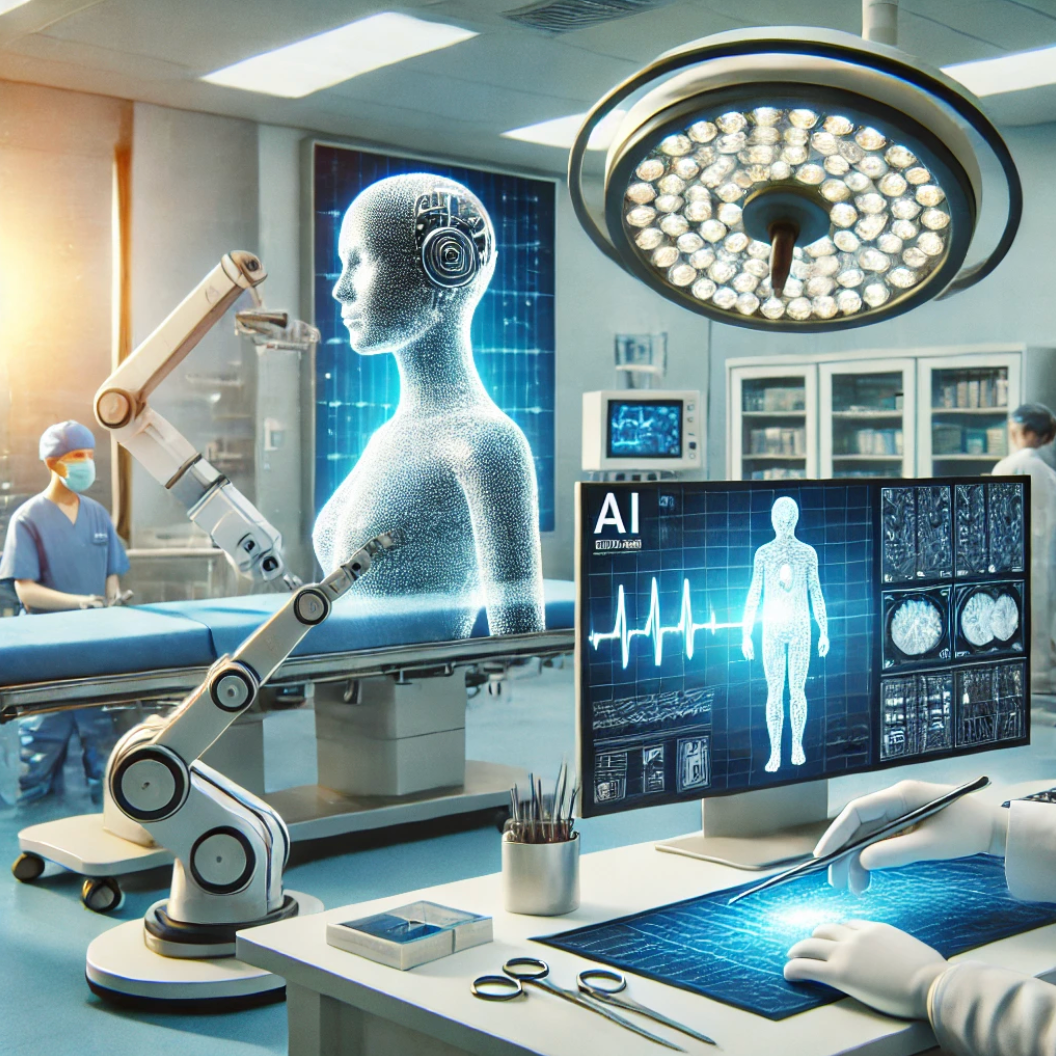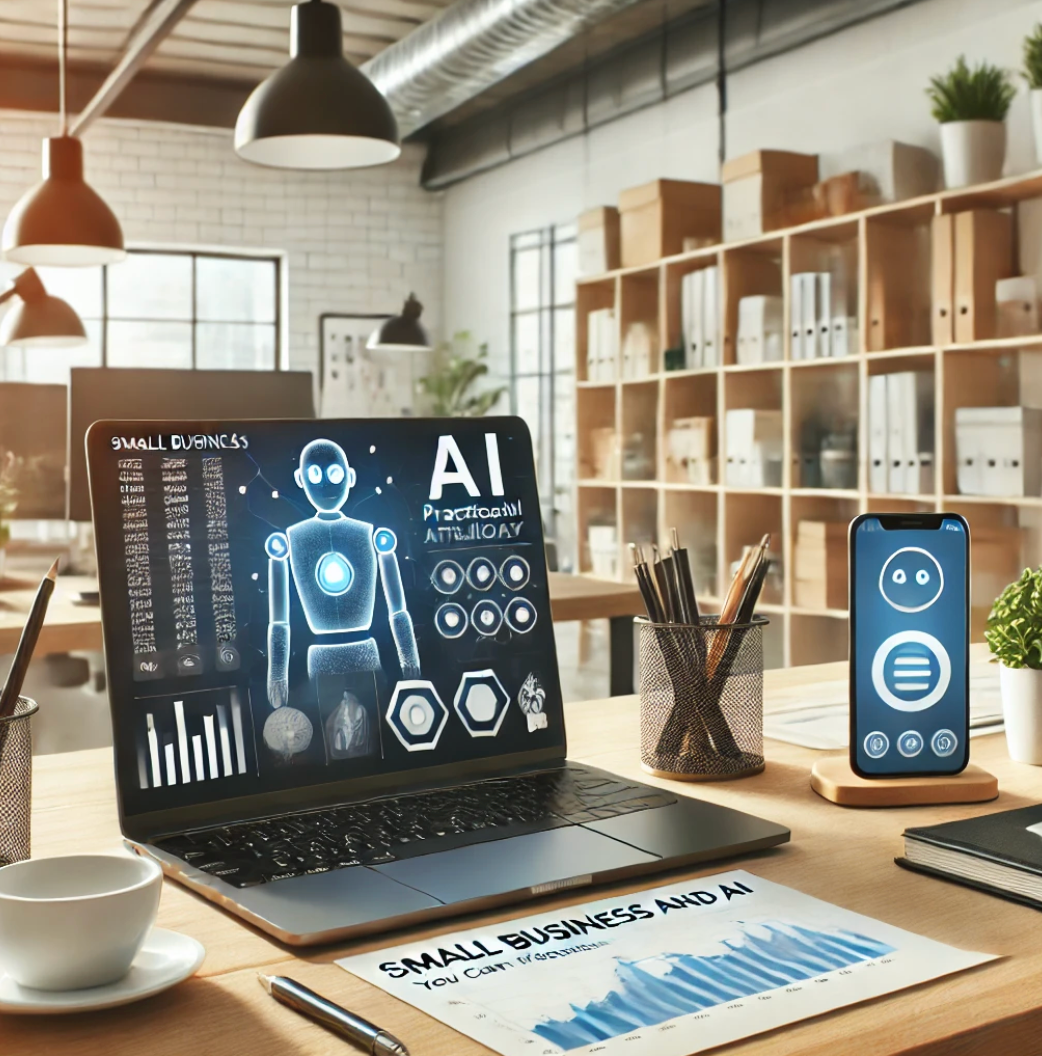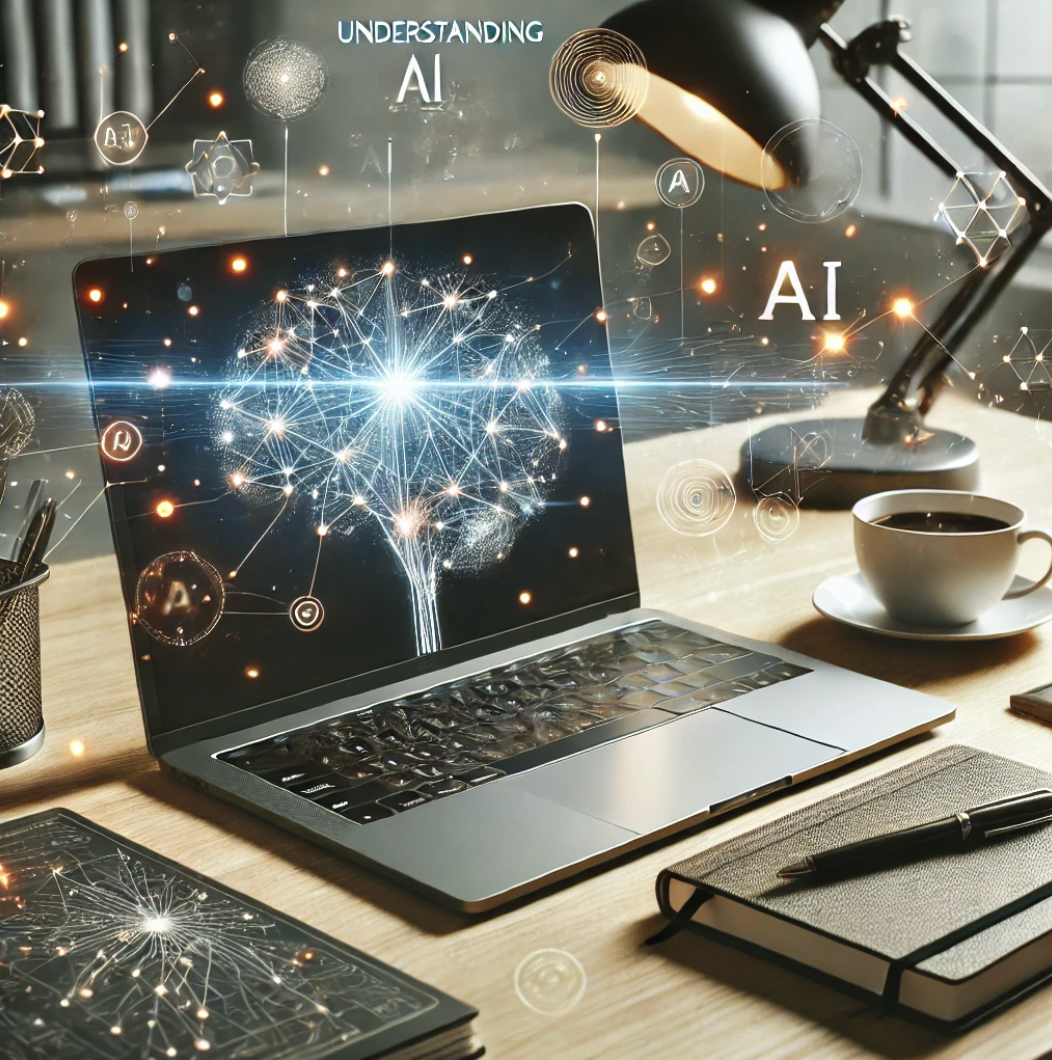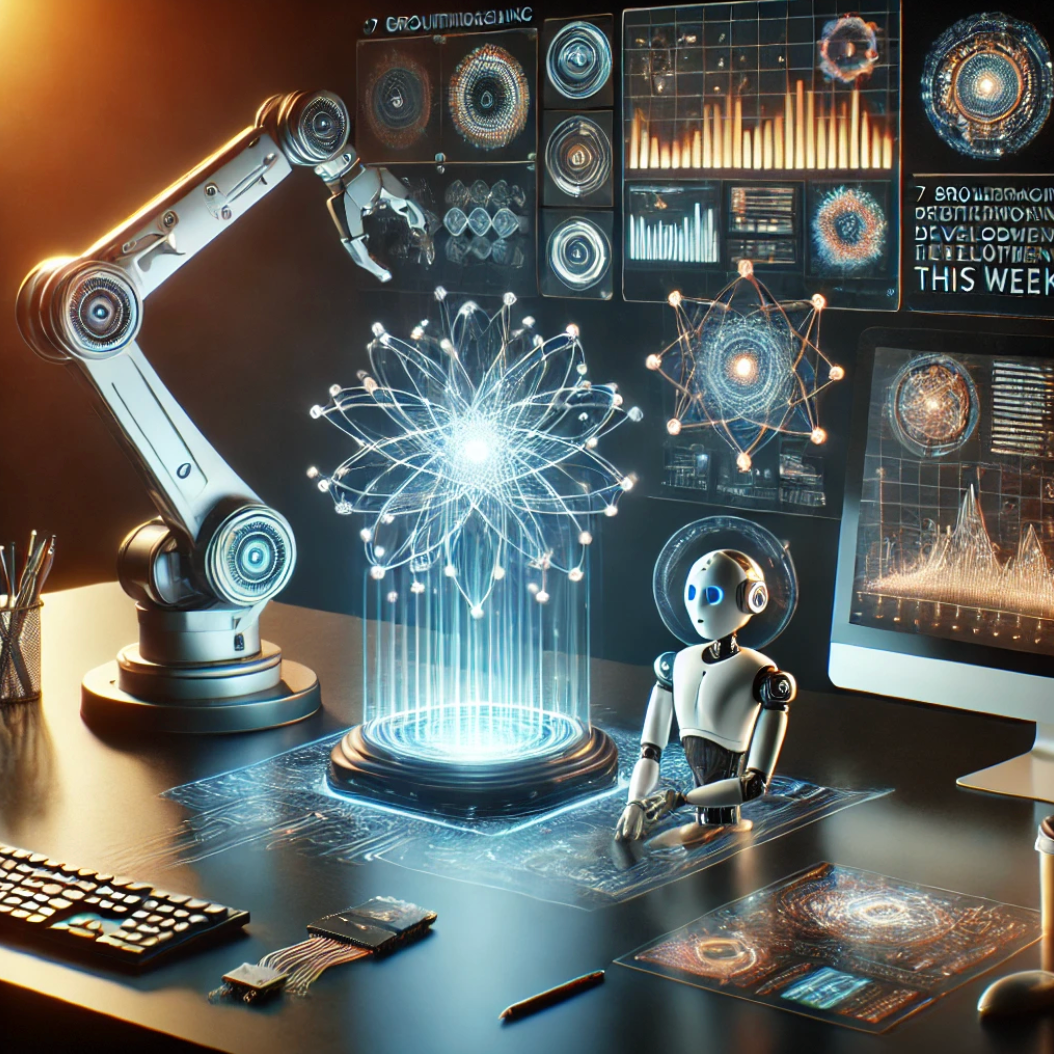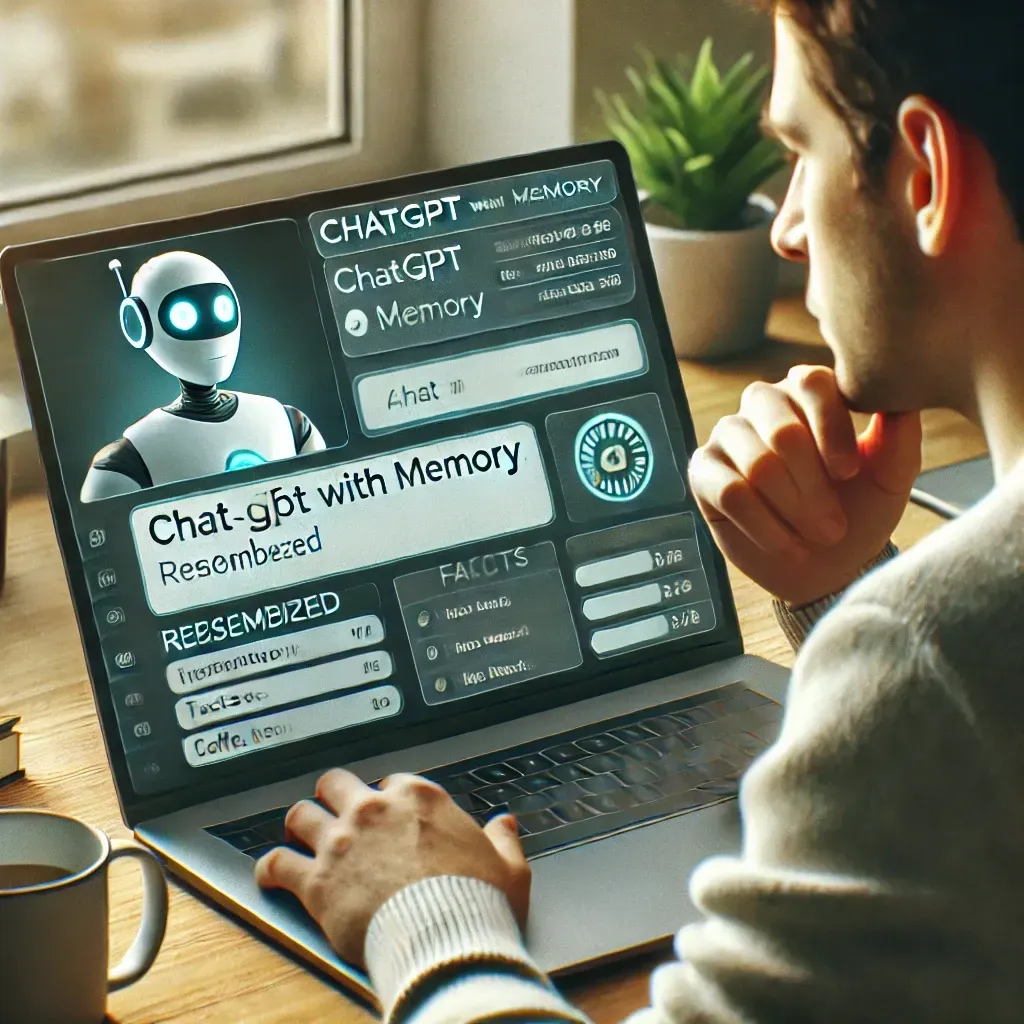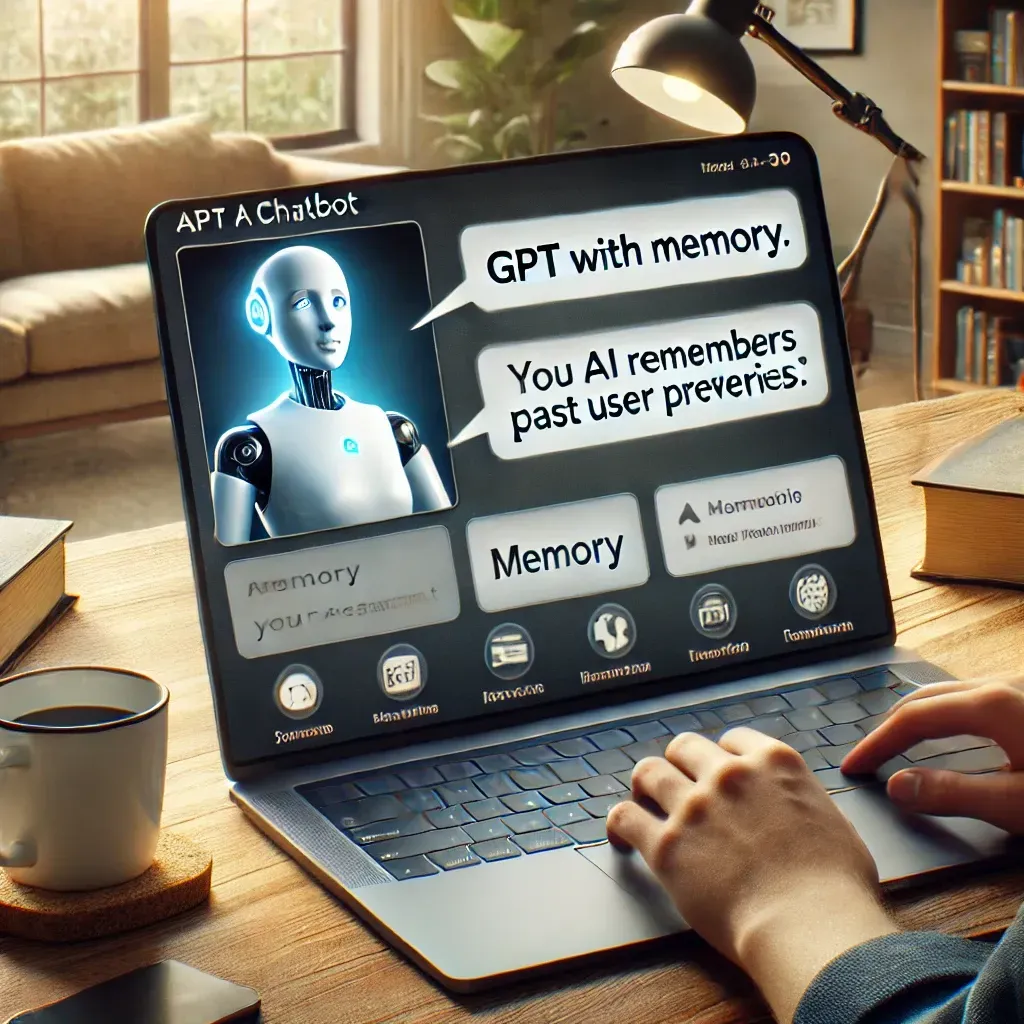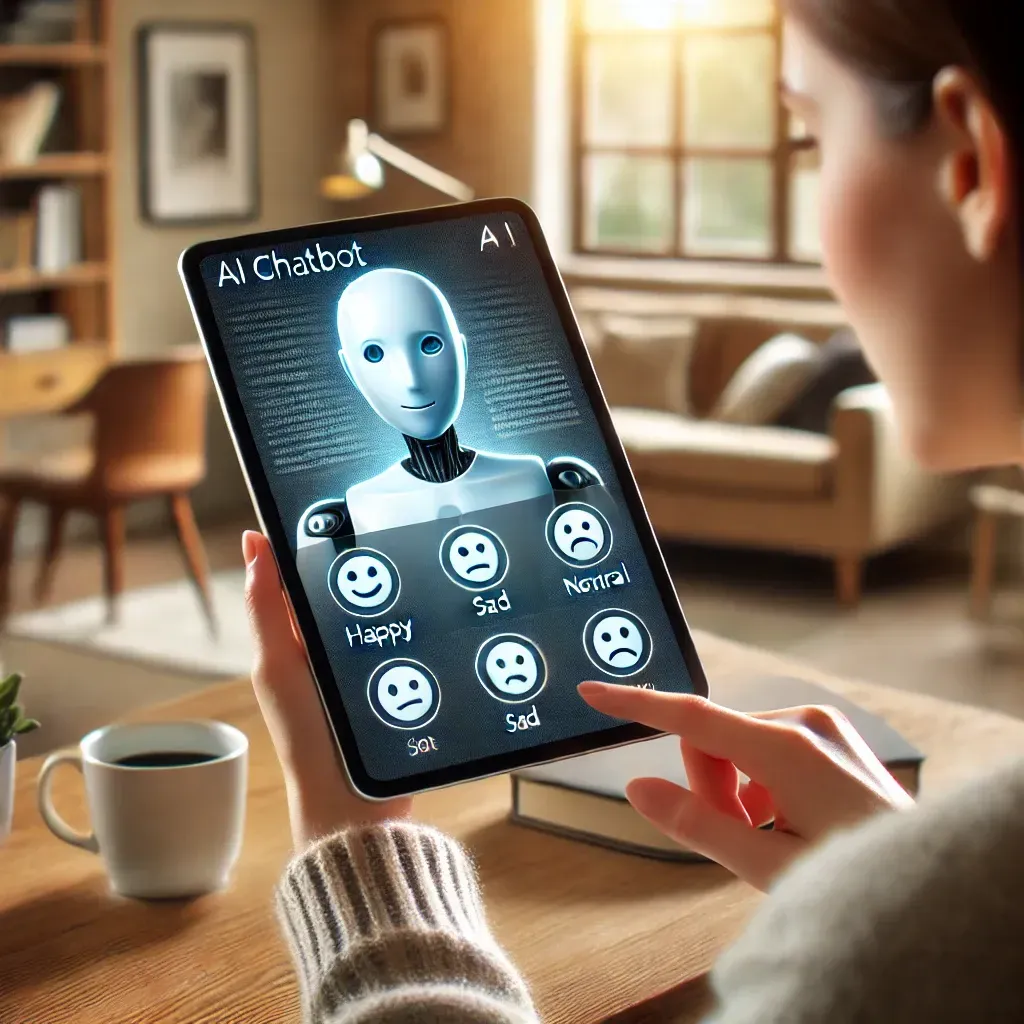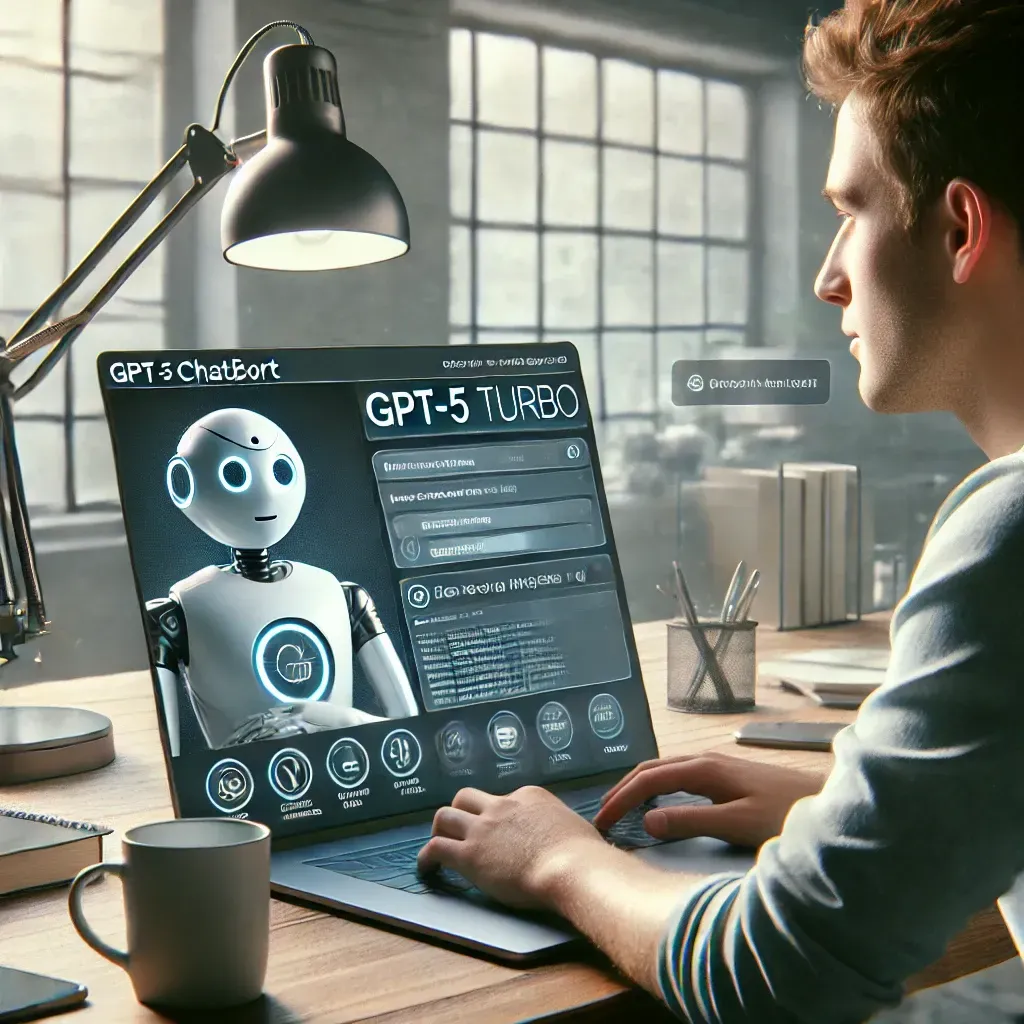Top 5 News Stories That Shook the Foundation
This Week in AI: Top 5 News Stories That Shook the Foundation
The whirlwind of innovation in Artificial Intelligence continues to spin at breakneck speed! This past week was a treasure trove of groundbreaking research, thought-provoking applications, and ethical debates that dominated the headlines. Buckle up as we delve deeper into the top 5 AI news stories that will leave you pondering the future.
1. Protein Folding Solved? DeepMind's AlphaFold 2 Makes a Medical Marvel Leap
For decades, scientists have grappled with the complex puzzle of protein folding – the process by which a protein's amino acid chain twists and bends into a specific 3D structure that determines its function. Cracking this code holds immense potential for drug discovery and treatment of diseases. This week, DeepMind, a research lab owned by Google parent company Alphabet, unveiled AlphaFold 2. This AI system, according to independent studies, boasts near-perfect accuracy in predicting protein structures. Imagine – researchers could potentially design new medications and therapies by virtually simulating proteins and their interactions with other molecules. AlphaFold 2's implications for personalized medicine and accelerating cures for diseases like cancer and Alzheimer's are truly revolutionary.
2. Robots on the Rise: AI Takes Over Warehouses, but Will It Take Our Jobs?
The annual Warehouse Automation Conference this week wasn't your average tech gathering. It was a glimpse into the future of logistics, dominated by AI-powered robots. From autonomous forklifts that navigate warehouses with laser precision, dodging obstacles and optimizing routes, to robotic arms equipped with advanced grippers that can pick and pack a mind-boggling variety of items with human-like dexterity, AI is transforming the way we store and distribute goods. While these advancements promise increased efficiency and reduced costs, concerns remain about potential job displacement. Will AI create new opportunities in the logistics sector, or will human workers be left behind? This hot-button topic is sure to spark debate as automation continues its march.
3. AI Goes Picasso: Google's "Imagen" Creates Breathtaking Artwork, Blurring the Lines of Creativity
Get ready to question your definition of art! This week, Google AI introduced the world to "Imagen," an AI system capable of generating captivatingly realistic and visually stunning images. One creation that grabbed everyone's attention was "Théâtre d'Opéra Spatial," an image depicting a fantastical opera house floating amidst the cosmos. This masterpiece raises profound questions about the future of art creation. Could AI become a collaborator with human artists, inspiring new forms of expression? Or will machines one day become standalone creative forces, churning out art that challenges our very perception of beauty? The debate about machine-generated art has just begun.
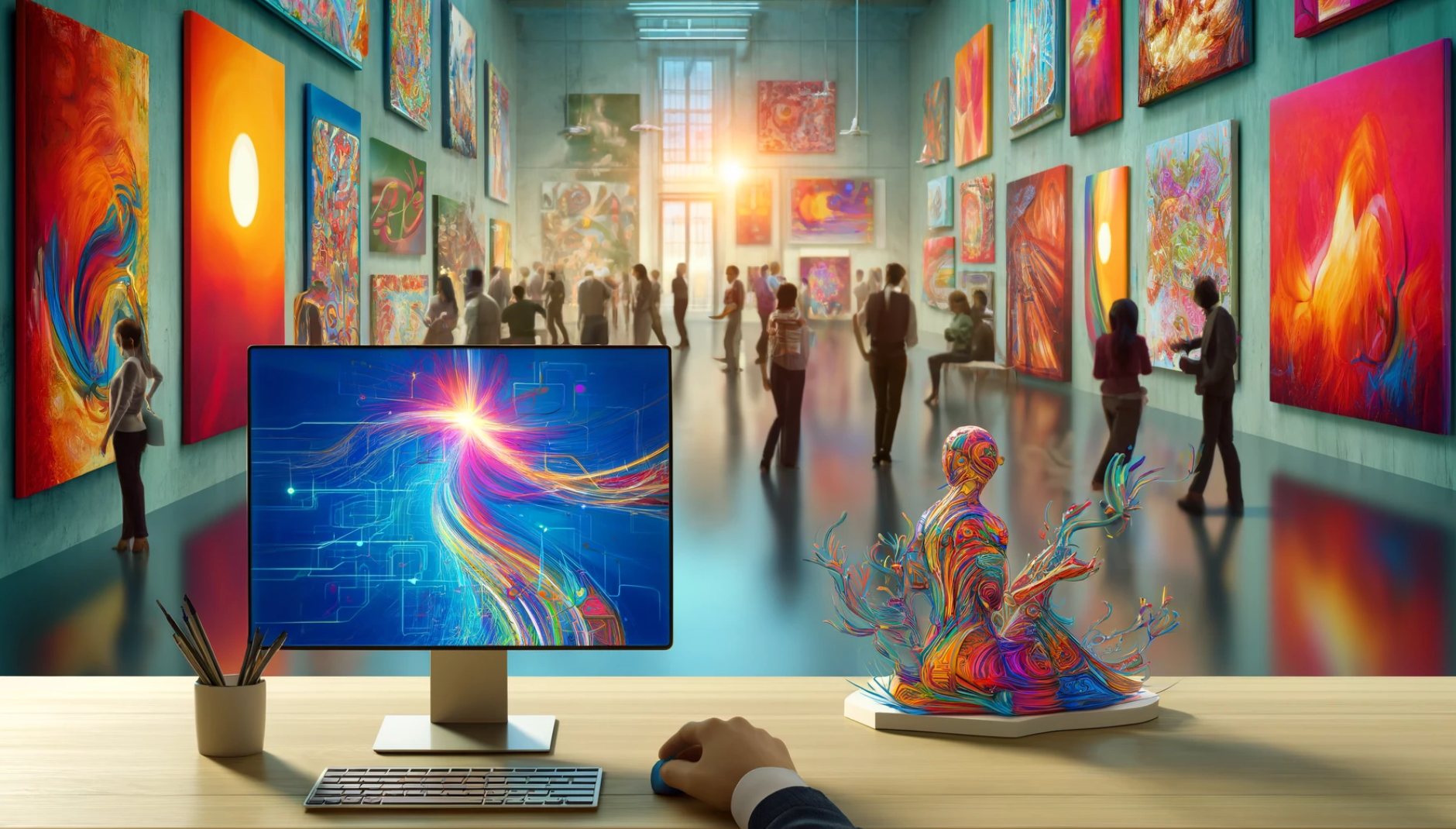
4. Big Brother with a Bias? Ethical Concerns Cloud Law Enforcement's Use of AI
The increasing use of AI in facial recognition technology for law enforcement has come under intense scrutiny this past week. Critics argue that such systems, despite their claimed accuracy, can be inherently biased due to the data they're trained on. This bias can lead to false positives, disproportionately impacting people of color and jeopardizing civil liberties. As AI continues to be integrated into law enforcement, it's critical to have open and honest discussions about responsible development, deployment, and safeguards against bias. The future of public safety hinges on ensuring AI is used ethically and effectively.
5. OpenAI Democratizes Power? GPT-4 Beta Released, But Can We Handle It?
OpenAI, a non-profit research company at the forefront of AI development, sent shockwaves through the tech world with the announcement of the public beta of its highly anticipated GPT-4 language model. GPT-4 promises significant improvements in text generation, translation capabilities, and even code completion compared to its predecessor. With wider access to this powerful tool, the potential for innovation across various fields is immense. Imagine streamlining research paper writing, creating educational materials tailored to individual learning styles, or even revolutionizing the way we write computer code. However, concerns linger about the potential misuse of GPT-4, such as the spread of misinformation or the creation of deepfakes that could erode trust in media. OpenAI has a responsibility to ensure responsible use of this powerful technology.
Sign Up For Our Weekly Newsletter and Get Your FREE Ebook " AI For Everyone - Learn the Basics and Embrace the Future"
